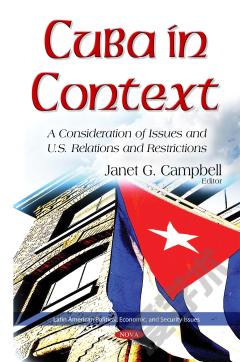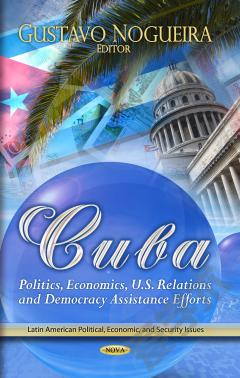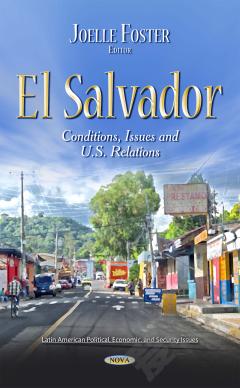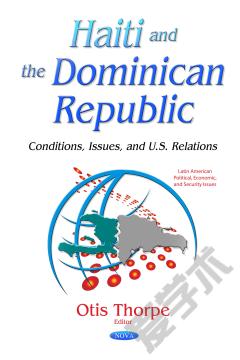Cuba in Context: A Consideration of Issues and U.S. Relations and Restrictions
Political and economic developments in Cuba and U.S. policy toward the island nation, located just 90 miles from the United States, have been significant congressional concerns for many years. Especially since the end of the Cold War, Congress has played an active role in shaping U.S. policy toward Cuba, first with the enactment of the Cuban Democracy Act of 1992 and then with the Cuban Liberty and Democratic Solidarity Act of 1996. Both of these measures strengthened U.S. economic sanctions on Cuba that had first been imposed in the early 1960s, but the measures also provided roadmaps for a normalization of relations dependent upon significant political and economic changes in Cuba. A decade ago, Congress partially modified its sanctions-based policy toward Cuba when it enacted the Trade Sanctions Reform and Export Enhancement Act of 2000 allowing for U.S. agricultural exports to Cuba that led to the United States becoming a major source for Cuba’s food imports. This book discusses Cuba’s political and economic environment; U.S. policies toward Cuba; and selected issues in U.S.-Cuban relations. This book also provides information on legislative provisions restricting relations with Cuba. It lists the various provisions of law comprising economic sanctions on Cuba, including key laws that are the statutory basis of the embargo, and provides information on the authority to lift or waive these restrictions.
{{comment.content}}








 京公网安备 11010802027623号
京公网安备 11010802027623号